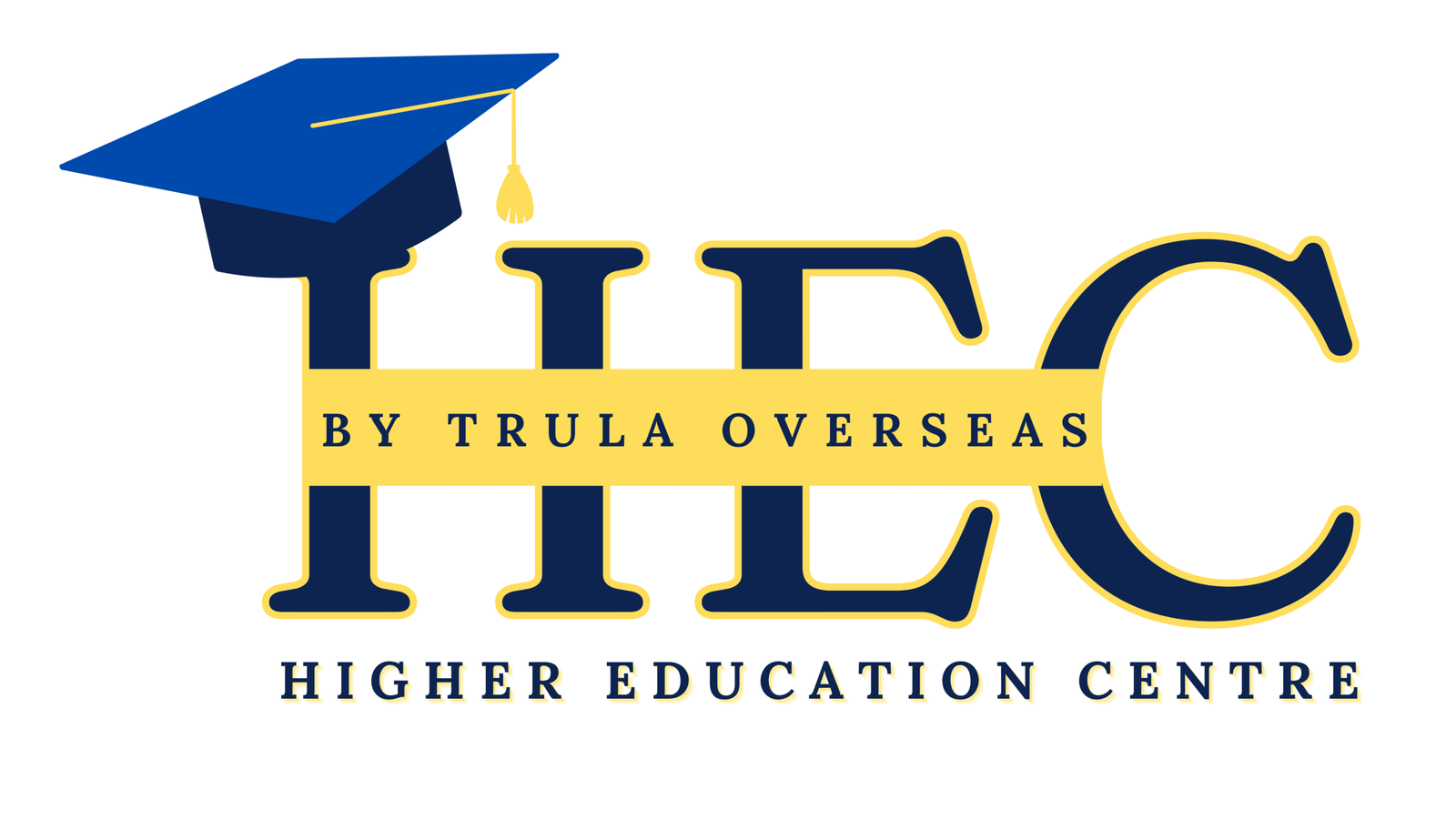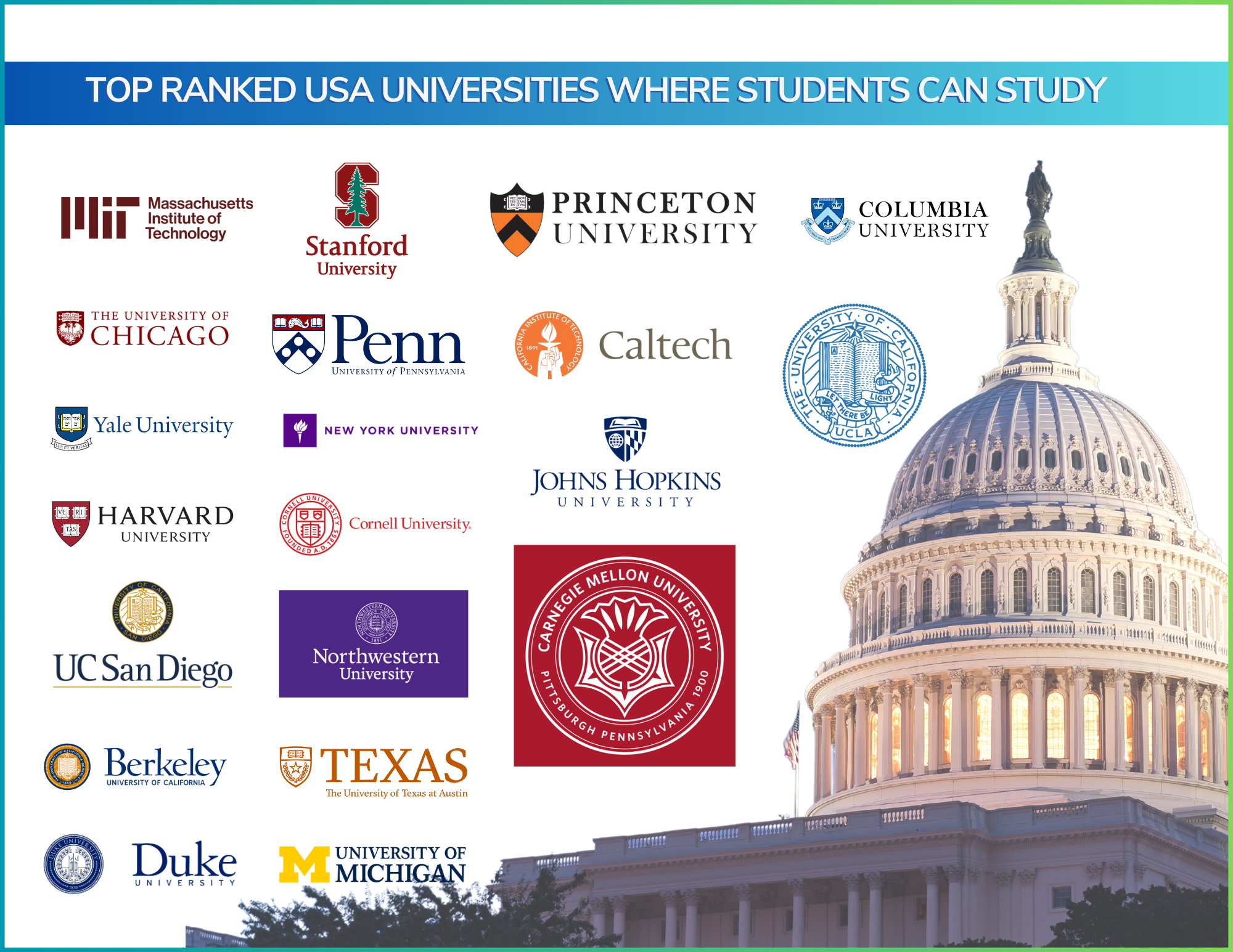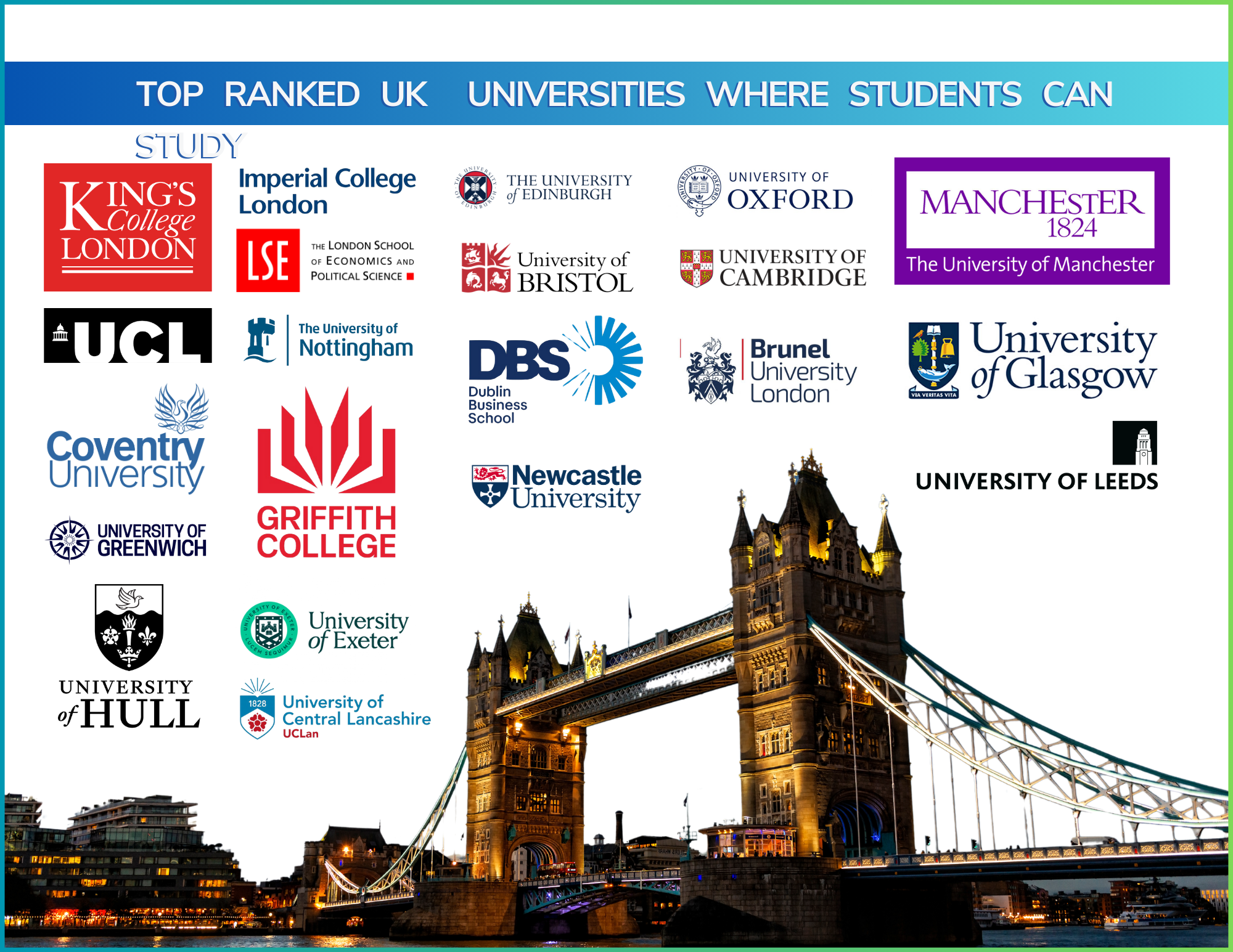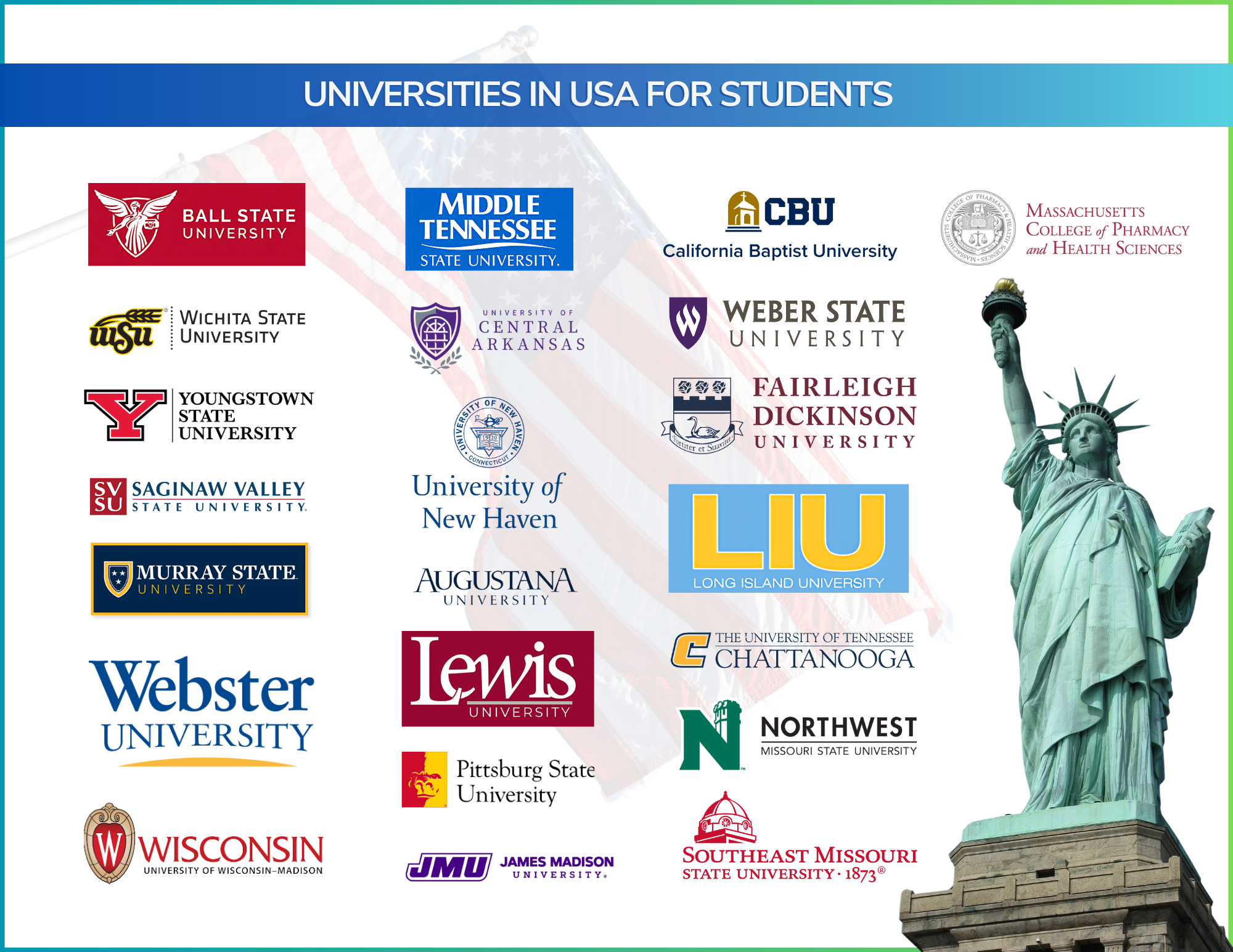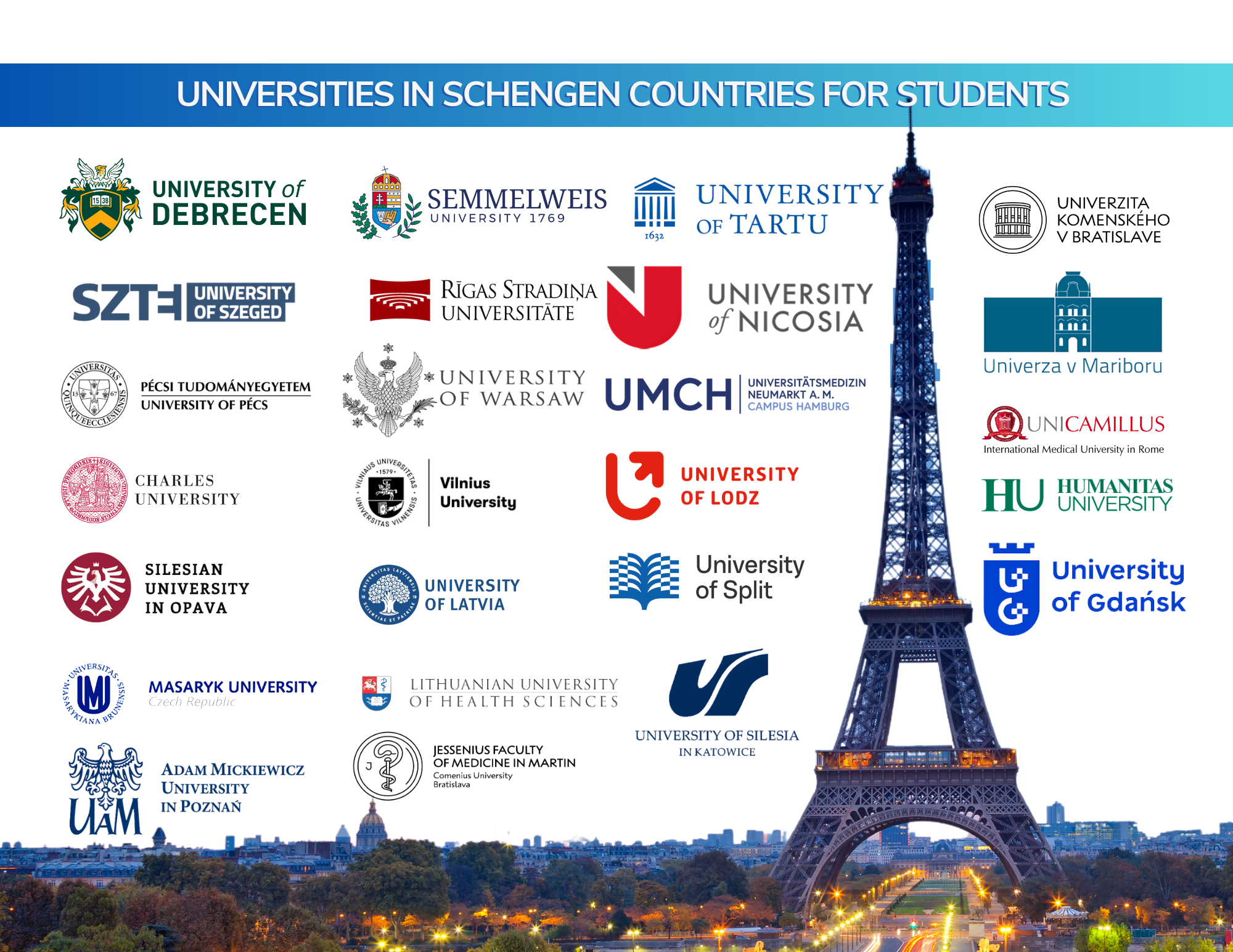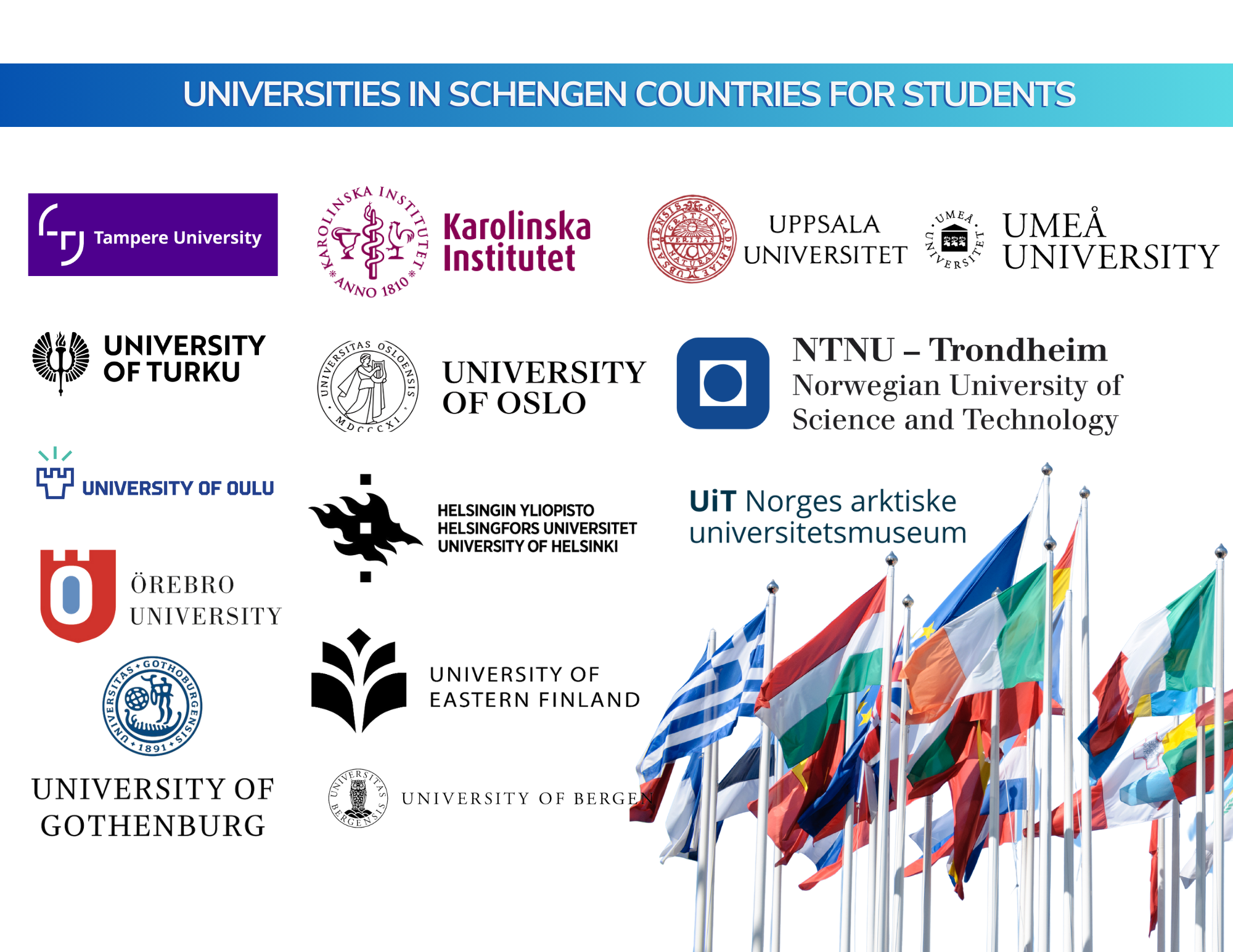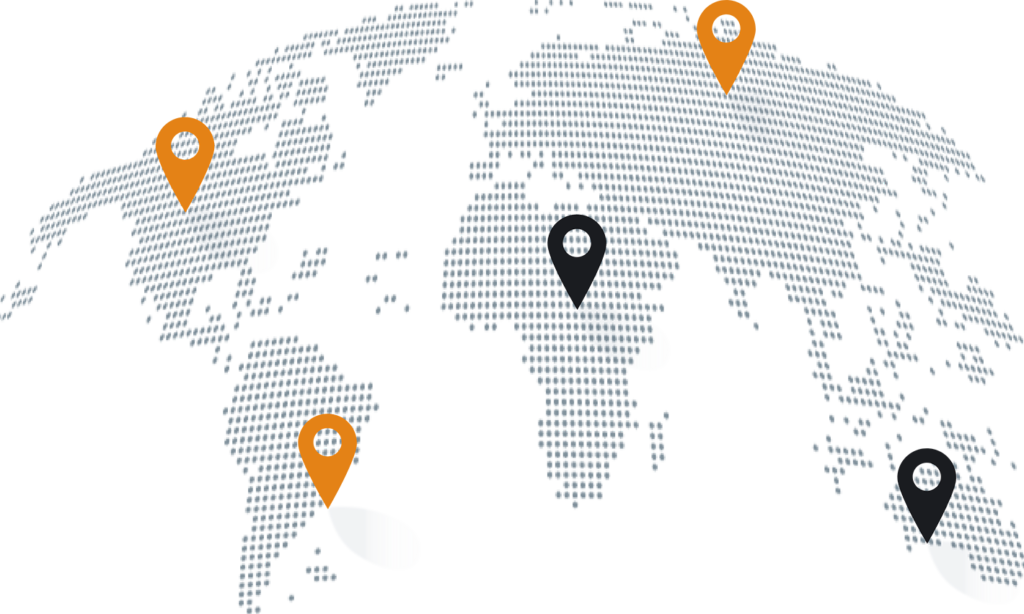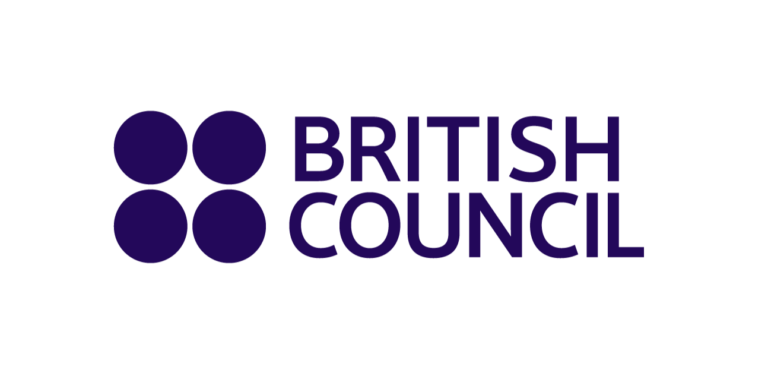Introduction
Making informed decisions about one's career and academic path is a pivotal step that shapes the future. Whether you're a student just stepping out of class 10th, completing your 12th, graduating with a bachelor's degree, or further advancing with a master's or Ph.D., each stage offers a plethora of options and opportunities. This blog post aims to guide you through the myriad of career and study options available after completing these key educational milestones. By providing insights and information, we hope to assist you in navigating your way toward a fulfilling and successful career.
Overview of Decisions Post-10th
The choice you make after class 10th sets the foundation for your future career path. Selecting between Science, Commerce, and Arts streams is the first significant decision that will influence your subject focus and, eventually, your career options.
Professional Courses and Vocational Training
Apart from traditional streams, several professional courses and vocational training programs are available that can be pursued right after class 10th. These courses, ranging from Information Technology, Fashion Designing to Hospitality and Healthcare, provide practical skills and early career insights.
Choosing the Right Stream
Deciding on the right stream requires careful consideration of your interests, strengths, and career aspirations. While Science offers paths into engineering, medicine, and research, Commerce opens doors to careers in finance, accounting, and business. Arts, on the other hand, is ideal for those interested in creative fields, humanities, and social sciences. Understanding the future prospects and aligning them with your passion is crucial for long-term satisfaction and success.
Undergraduate Courses
After 12th, the next step is usually to pursue an undergraduate degree. The choice of course should be influenced by the stream selected in class 12th, along with your career goals. Engineering, Medicine, Business Administration, and Liberal Arts are among the popular choices, each leading to distinct career paths.
Diploma and Certification Courses
For those looking to enter the workforce sooner or seeking specialized skills, diploma and certification courses present an excellent opportunity. These programs are designed to provide hands-on experience and are available in fields like Graphic Designing, Digital Marketing, and more.
Early Career Start
Starting a career right after 12th is an option for those keen on gaining practical experience early on. Entrepreneurial ventures are also a viable path, with many young entrepreneurs emerging successful in various industries.
Pursuing a Master's Degree
A Master's degree can significantly enhance your expertise in a specific field, opening doors to advanced professional roles and higher salary prospects. It's an opportunity to specialize further, engage in research, and develop a deep understanding of your chosen discipline. Fields such as Business Administration, Engineering, Computer Science, and Psychology offer various specializations that cater to the evolving demands of the job market.
Job Market Entry
Entering the job market after a Bachelor's degree is a common route for many graduates. It's essential to start preparing early by building a strong resume, networking, and gaining relevant experiences through internships or part-time jobs. Various industries, including technology, finance, healthcare, and education, offer entry-level positions that can be stepping stones to more significant roles.
Certification Courses
For those looking to enhance their skill set or pivot to a new field, certification courses are a great option. Platforms like Coursera, LinkedIn Learning, and Udemy offer courses in data science, digital marketing, project management, and more. These certifications can make your profile more attractive to potential employers and open up new career opportunities.
Ph.D. and Research Opportunities
A Ph.D. is the highest level of academic achievement and opens up opportunities for a career in research, academia, or even in industry roles that require advanced expertise. Pursuing a Ph.D. requires a commitment to contributing original knowledge to your field, often through extensive research and a dissertation.
Professional Life
For Master's graduates not pursuing a Ph.D., the professional world offers numerous opportunities. Whether it's advancing in your current field or exploring new industries, a Master's degree can help you qualify for senior-level positions, management roles, and specialized technical jobs.
Career and Research Options After a Ph.D.
A career in academia is a common path for Ph.D. holders, involving teaching at universities and conducting research. This route allows for a deep dive into scholarly pursuits, contributing to the academic community through publications and teaching the next generation of students.
Industry Opportunities
Ph.D. graduates are also in high demand in various industries, particularly in roles focused on research and development (R&D). Whether it's in biotechnology, pharmaceuticals, technology, or environmental science, Ph.D. holders bring valuable expertise and innovative thinking to tackle complex challenges.
Entrepreneurship
Entrepreneurship is another avenue for Ph.D. holders, especially for those whose research has commercial potential. Technology transfer programs and startup incubators can help translate research findings into viable business ventures, driving innovation and creating new job opportunities.
Conclusion
Choosing the right path at each educational milestone is crucial for shaping a fulfilling career. By exploring all available options and aligning them with your interests and goals, you can pave the way to success. Remember, the journey is as important as the destination, and there's no one-size-fits-all answer. Stay curious, be adaptable, and never stop learning. In a world teeming with diverse career opportunities, limiting one's aspirations to traditional roles such as those offered by the UPSC and other government sectors can be a narrow approach. While the stability, prestige, and impact associated with government jobs are undeniable, the global economy and technological advancements have ushered in an era of unprecedented career diversity.While the prestige and stability of UPSC and government jobs will always be appealing to many, it's important to recognize the vast expanse of opportunities the modern world offers. From tech and creativity to entrepreneurship and global health, the career paths available today are as diverse as they are rewarding. By exploring beyond the conventional, you open yourself up to discovering your true passions, contributing to your personal growth, and potentially making a unique impact on the world.

